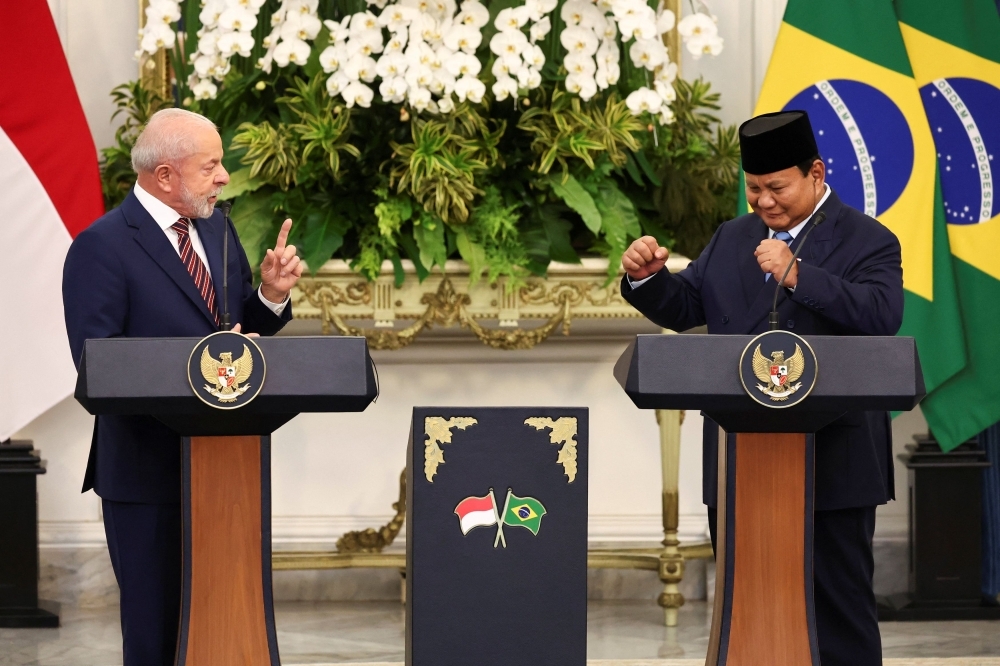Indonesia is taking a bold step toward shaping a more globally connected generation. Starting in 2027, English will become a mandatory subject for all primary school students, part of the country’s ongoing education reform designed to enhance language proficiency and prepare youth for international collaboration.
In addition, Portuguese will be introduced as a priority subject, underscoring Indonesia’s commitment to building stronger diplomatic and cultural ties with Brazil—a move that highlights the nation’s growing interest in South-South cooperation and cross-cultural understanding.
The new policy, announced by the Ministry of Primary and Secondary Education, will require English lessons beginning in Year 3 of primary school, as outlined in a 2025 education regulation.
Minister Abdul Mu’ti emphasized that this marks a “significant milestone” in improving the quality of education in Indonesia. “From 2027, English will be taught as a compulsory subject,” he said, adding that the government is prioritizing teacher training and curriculum preparation to ensure the success of this initiative.
Meanwhile, President Prabowo Subianto shared the stage with Brazilian President Luiz Inacio Lula da Silva at Merdeka Palace last week to announce the inclusion of Portuguese in Indonesia’s national curriculum. “As a demonstration of how highly we value Brazil, Portuguese will become one of the priority languages in Indonesia’s education curriculum,” Prabowo stated.
Both the Ministry of Higher Education, Science, and Technology and the Ministry of Primary and Secondary Education will collaborate on developing teaching materials, digital content, and training modules for Portuguese instruction across schools nationwide.
This reform symbolizes more than just linguistic expansion — it’s a reflection of Indonesia’s ambition to raise a generation that can think globally, connect cross-culturally, and compete internationally. By empowering students with multiple languages, the nation is paving the way for a future defined by understanding, unity, and opportunity.





